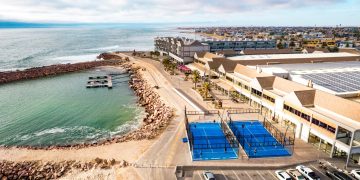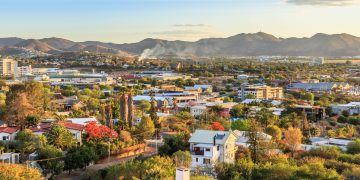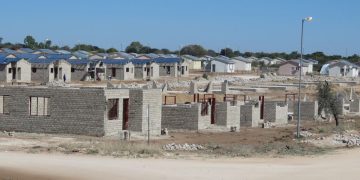
The Development Bank of Namibia (DBN) says it’s looking at filling the void in local land servicing by providing funding towards the development of bulk land infrastructure.
“Commercial lenders mainly focus on financing top structures, which consists of housing units which fall either in the affordable or higher-end segments of the market. There is often a shortage of lenders willing to finance the development of bulk land infrastructure, and this is the gap DBN aims to fill,” DBN CEO Martin Inkumbi said.
Lack of serviced land, he said, hampers progression of home ownership and socio-economic well-being, as well as capital formation in families. The presence of serviced land is not just an asset accounted for in the present. It represents the promise of prosperity and economic activity for the future.
He said the current shortage of serviced land in Windhoek was impacting the ability of the City to become a driver of economic activity.
“Smaller parcels of land with a lower municipal value can be used as collateral in financing arrangements for smaller enterprises, while land with a higher value can be used as collateral for larger enterprises. The need for serviced land in higher income brackets is an often-overlooked facet of enterprise financing. A healthy economic ecosystem consists of an optimal number of small, medium and large businesses with linkages. In this way small enterprises become off-takers of large enterprise goods and services, and vice versa,” the DBN CEO said.
Inkumbi said the Bank is ready and willing to finance land development projects across Namibia, either by financing private developers, local authorities and or through the Bank’s PPP model.
This comes as the DBN approved finance of N$76,855 million for bulk infrastructure for phase one of the Auasblick extension, consisting of 281 erven.
The Auasblick Extension 1, which will connect Auasblick and Avis, is a Public-Private Partnership (PPP) between City of Windhoek and Sinco, the Hangala Group majority-owned company.












